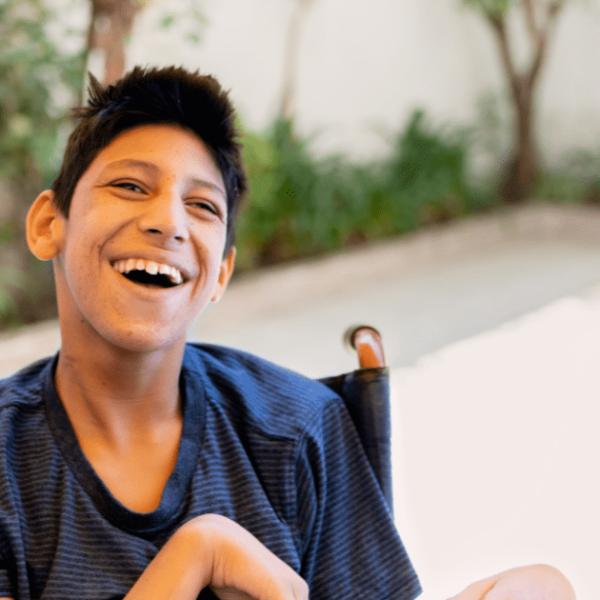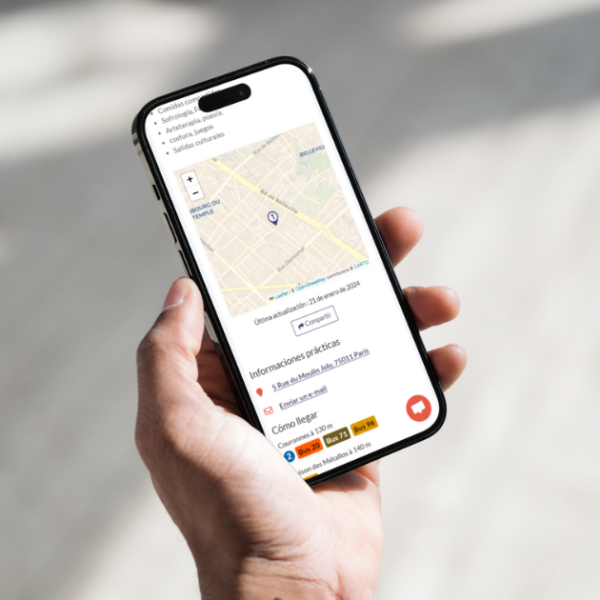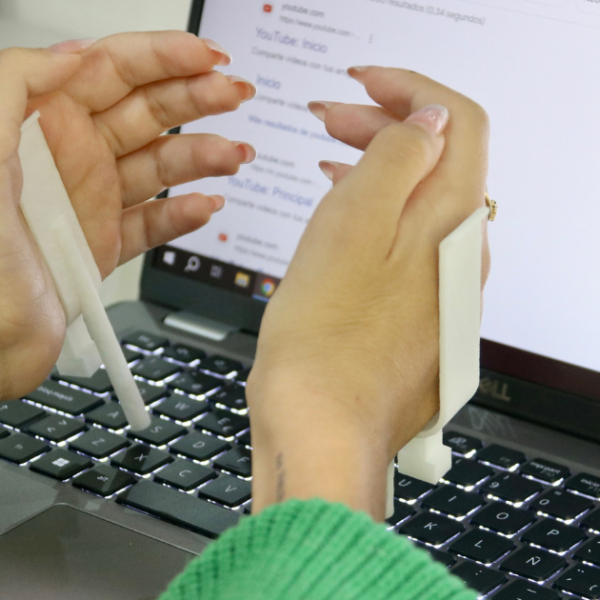AISSS Alt Pirineu-Aran

AISSS Alt Pirineu-Aran

Foto: Gemma Pla (Tucutun)
AISSS Alt Pirineu-Aran is an integrated Social and Healthcare project for unwanted loneliness among the elderly in the Alt Pirineu-Aran Regions (AISSS)
(2024-2025)
The Integrated Social and Healthcare Project for Unwanted Loneliness among the Elderly in the Alt Pirineu-Aran regions (AISSS Alt Pirineu-Aran) aims to tackle the challenge of unwanted loneliness through research aimed at expanding and strengthening the Vincles Alt-Pirineu Aran project by incorporating and involving the healthcare system.
Thanks to the collaboration with HISS (Hub of Social and Healthcare Innovation of Catalonia), which has selected the AISSS project in its 1st Call against Unwanted Loneliness, this project explores how to incorporate various data from the healthcare system and the perspectives of healthcare teams into the detection and intervention processes of the Vincles Alt Pirineu-Aran project, in order to enable a common and integrated social and healthcare approach.
Unwanted loneliness and health
While it is true that unwanted loneliness is a phenomenon rooted in the social and emotional sphere, an increasing number of studies demonstrate the significant impact that loneliness can have on individuals, ranging from mental disorders such as depression, anxiety, and stress, to a higher risk of cardiovascular diseases and heart attacks.
Unwanted loneliness is also associated with a more sedentary lifestyle, as there are often few incentives to lead an active life. This factor can have serious health consequences and contribute to cognitive decline. Therefore, it is essential to incorporate the expertise of the healthcare sector both in detecting situations of unwanted loneliness and in intervening when necessary.
Big data for detecting unwanted loneliness
Both the Vincles project and AISSS are based on the successful experience of the Basque program Auzosare, promoted by Agintzari and Gislan, which combines a data analysis tool with direct community intervention. In the Vincles project, a set of 58 indicators is taken into account to classify all individuals over 65 years old according to their risk of experiencing unwanted loneliness, allowing for more proactive and preventive care for the entire population at risk of loneliness.
The goal of the AISSS project is to identify data and indicators from the healthcare system that can improve the accuracy of the loneliness risk algorithms of the Vincles project, and at the same time, determine the best ways for healthcare system agents to participate in the social intervention and community activation processes of the project.
Objectives
- Understand the perspective of healthcare professionals in the six counties of Alt Pirineu-Aran regarding the impact of loneliness on the health of older adults, their expectations, and their needs for a community-based early detection and intervention system that integrates a healthcare component.
- Validate and expand the conceptual framework for detecting and addressing unwanted loneliness in the Vincles Alt Pirineu-Aran project, incorporating the healthcare dimension.
- Analyze healthcare system indicators to evaluate their ability to provide sensitive and specific data on unwanted loneliness, enhancing the Vincles Alt Pirineu-Aran social detection system, either through more accurate indicators or by improving risk calculation methodologies (algorithms) for unwanted loneliness.
- Define operational processes to involve healthcare professionals in Vincles’ social detection and intervention program, including processes for data collection, case identification, and intervention prescription.
- Conduct and evaluate a pilot study by integrating healthcare indicators into the Vincles-detection technological tool.
Key Achievements
- Healthcare professionals have confirmed that unwanted loneliness is a significant issue in this region and that they play a crucial role in identifying cases, providing support, and prescribing participation in community activities.
- Ten health indicators have been identified that influence loneliness in older adults, significantly improving the reliability and accuracy of the Vincles-detection big data system for identifying loneliness risks in people over 55.
- A partnership agreement with the Catalan Institute of Health (ICS) has enabled access to healthcare data from a pilot municipality, which has been integrated into the Vincles-detection big data system. This resulted in a slight increase (+3%) in the number of individuals identified as at risk of loneliness, reaching 45% of the total, and, more notably, a significant rise (+21%) in the number of individuals at high or severe risk of loneliness (23%) compared to those previously identified using only social data (2%).
- Healthcare data has also helped better target the program’s focus on residents over 55, identifying in the pilot municipality those who are officially registered and living locally (42%) versus those registered but not residing in the area (58%).
- Healthcare and social professionals have started working together to provide support to individuals in situations of social vulnerability and to encourage their participation in community activities.
- An integrated social and healthcare model for addressing unwanted loneliness has been developed, with plans to expand it to all 77 municipalities across the six counties of the Catalan Pyrenees. This aims to achieve a more positive impact on the well-being of older adults experiencing loneliness.
Lideren:
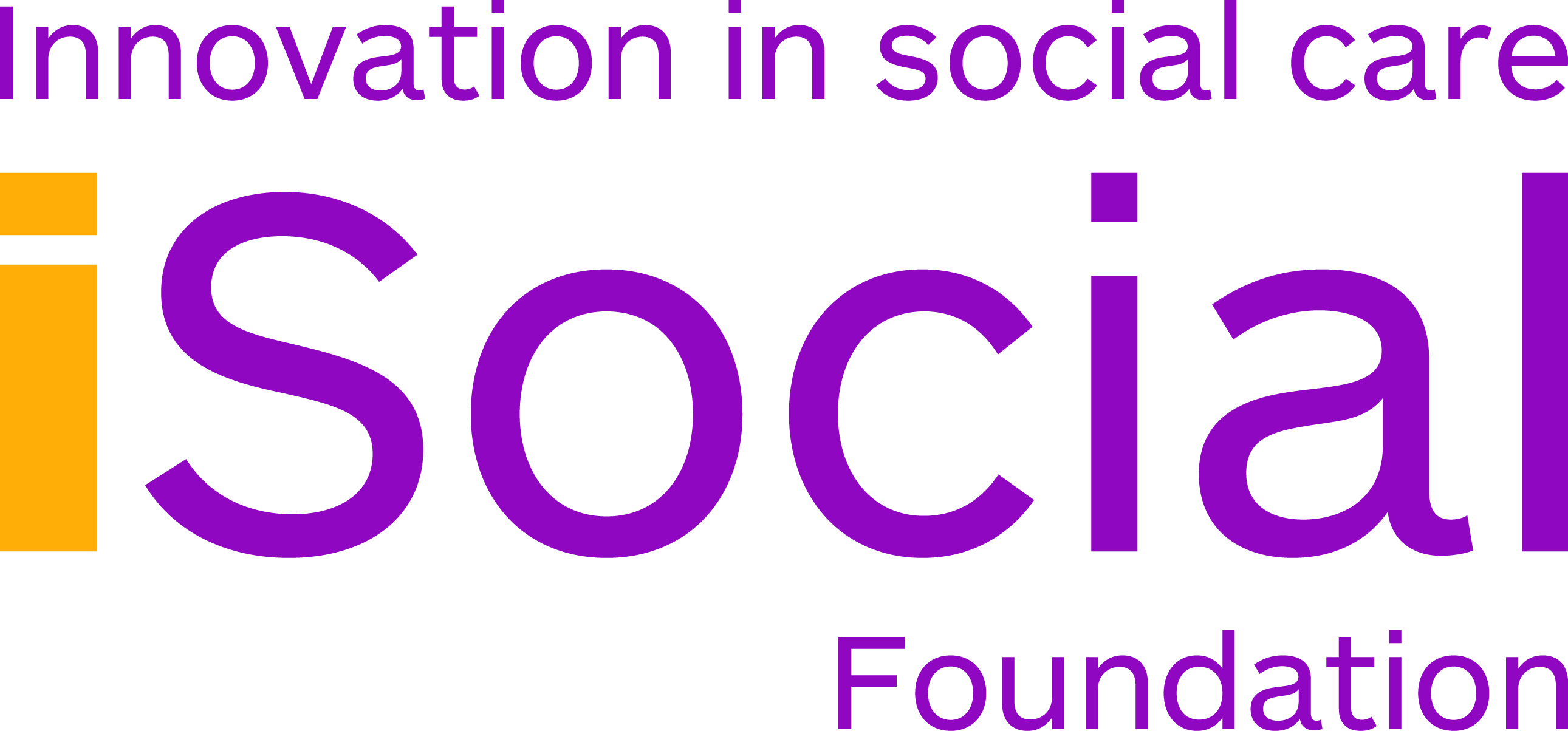

Promotors:
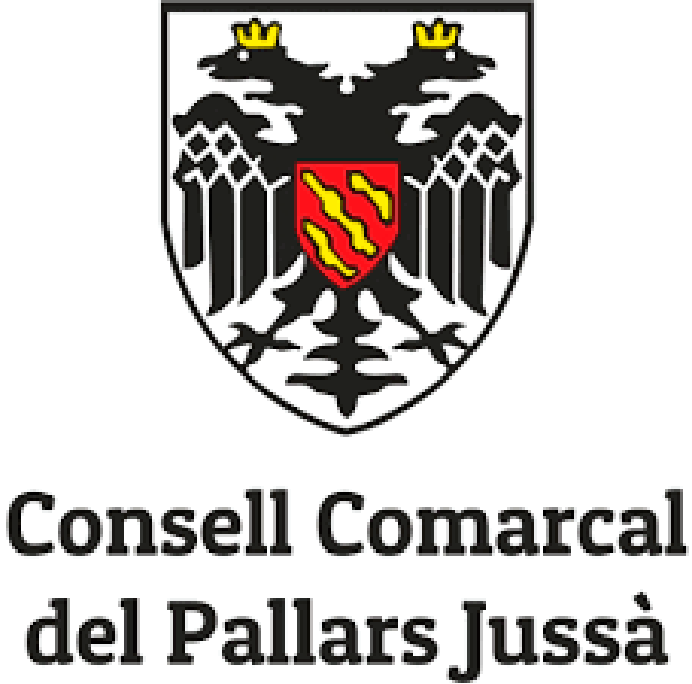
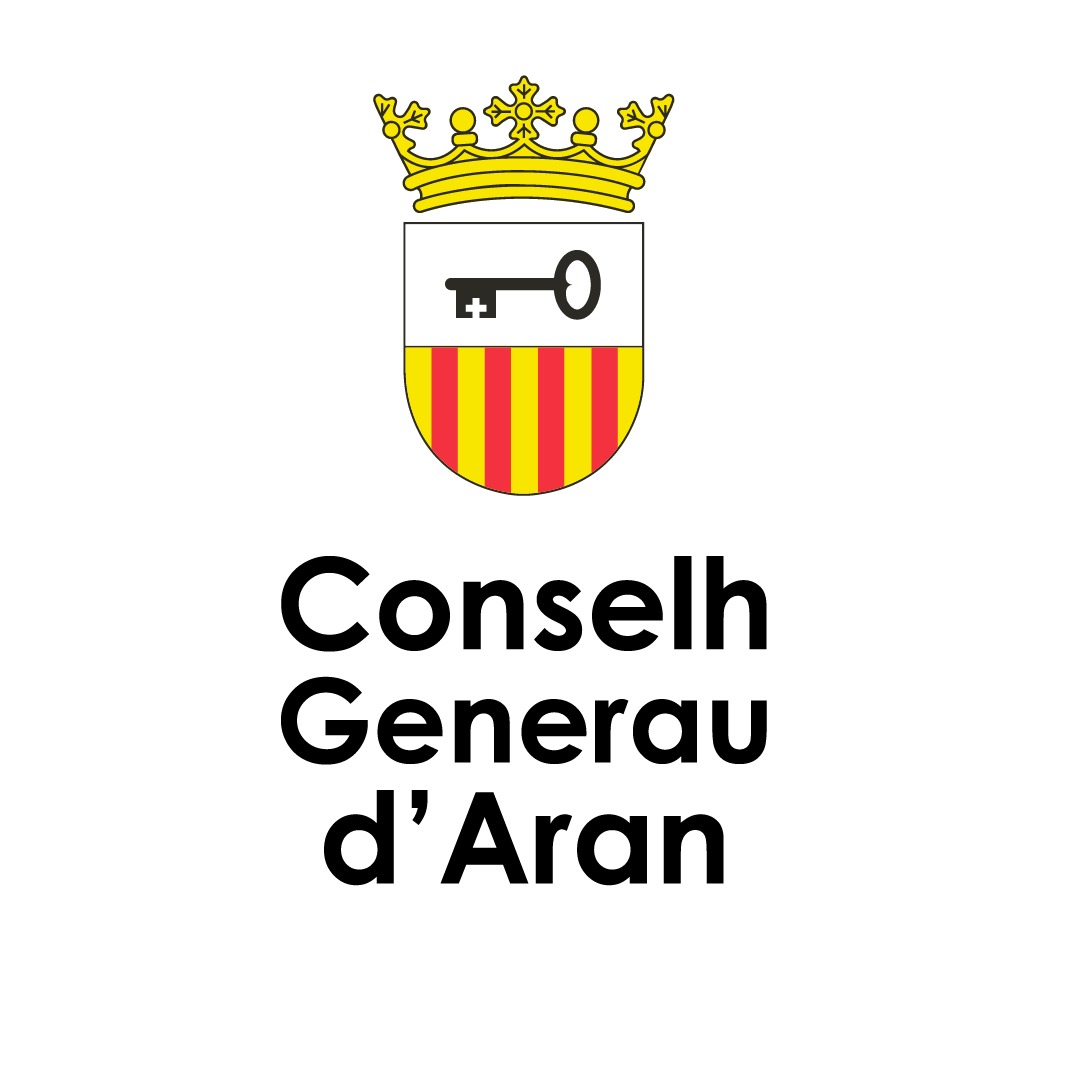
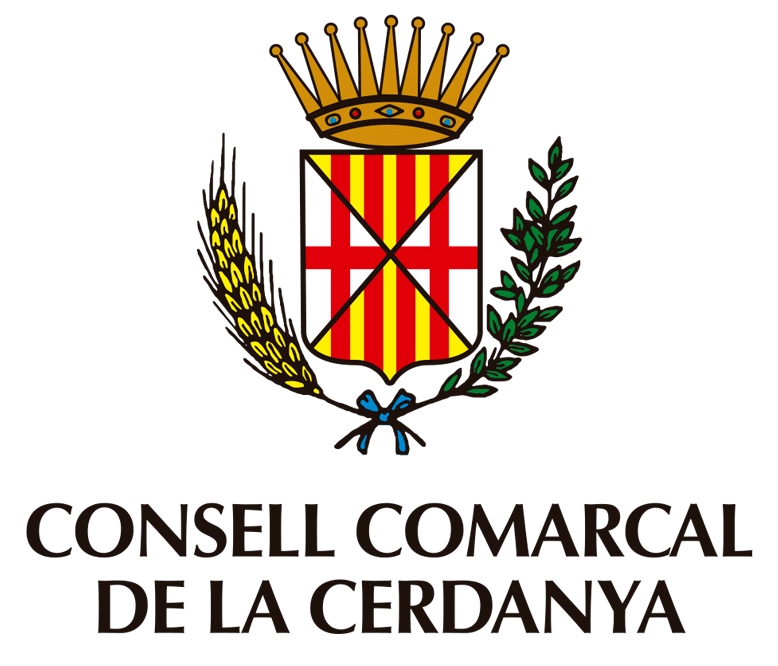
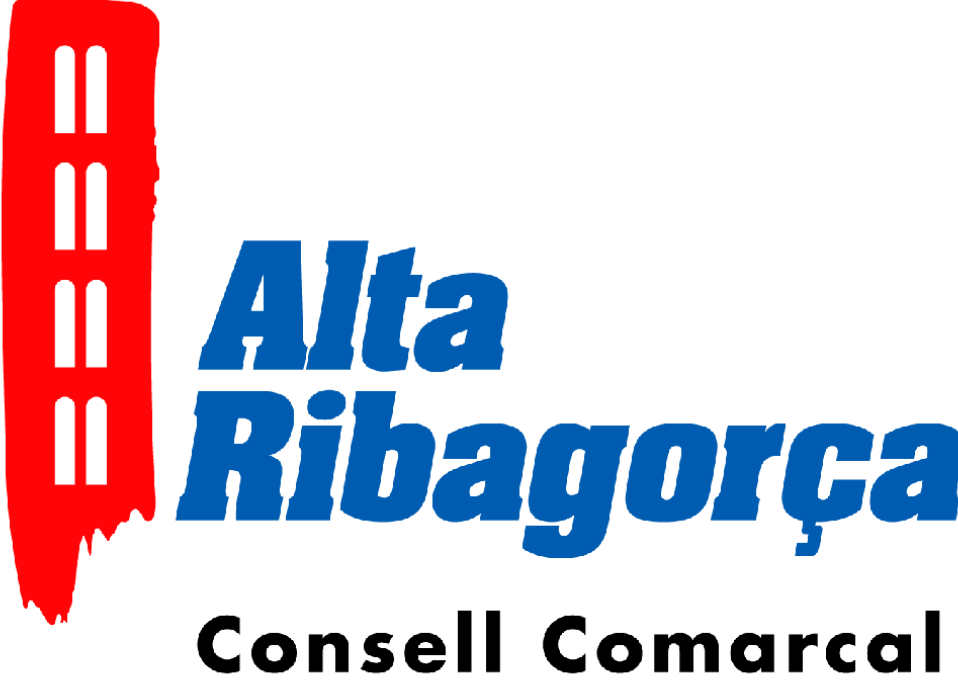

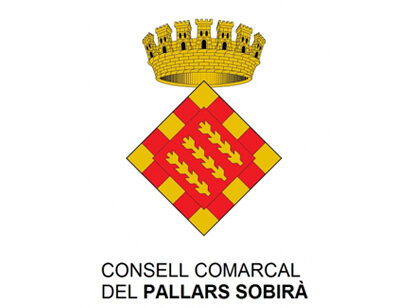
En col·laboració amb:
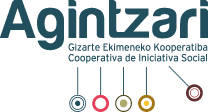

Finançat per:

Projectes d’innovació

